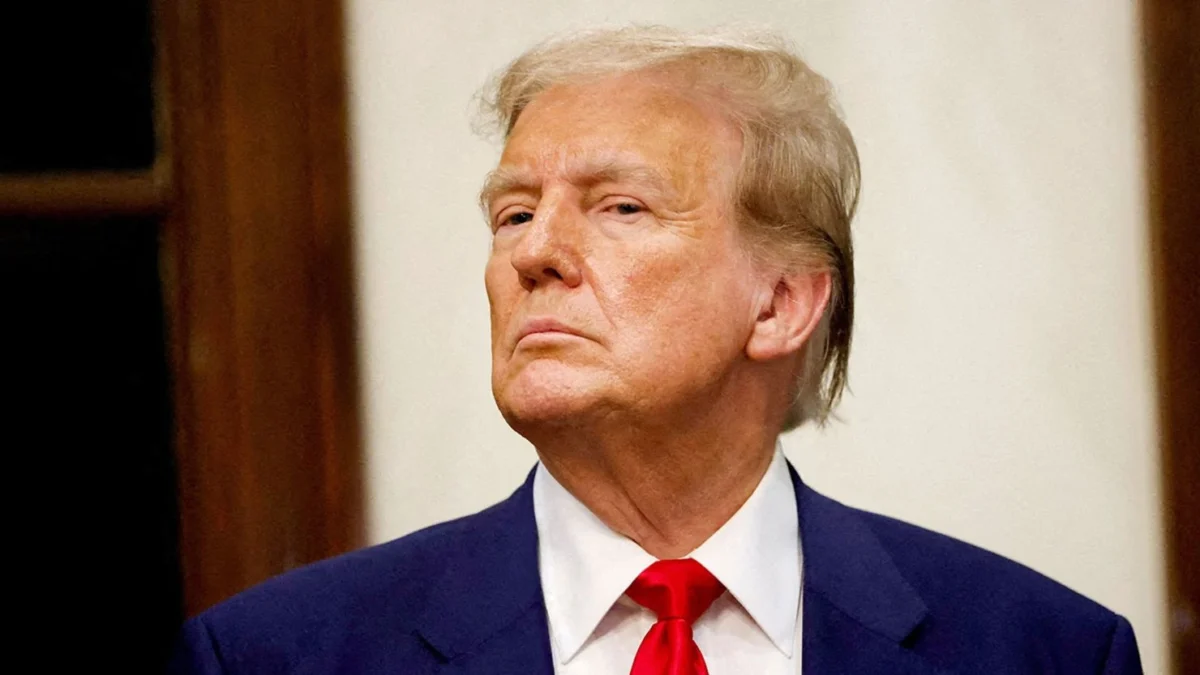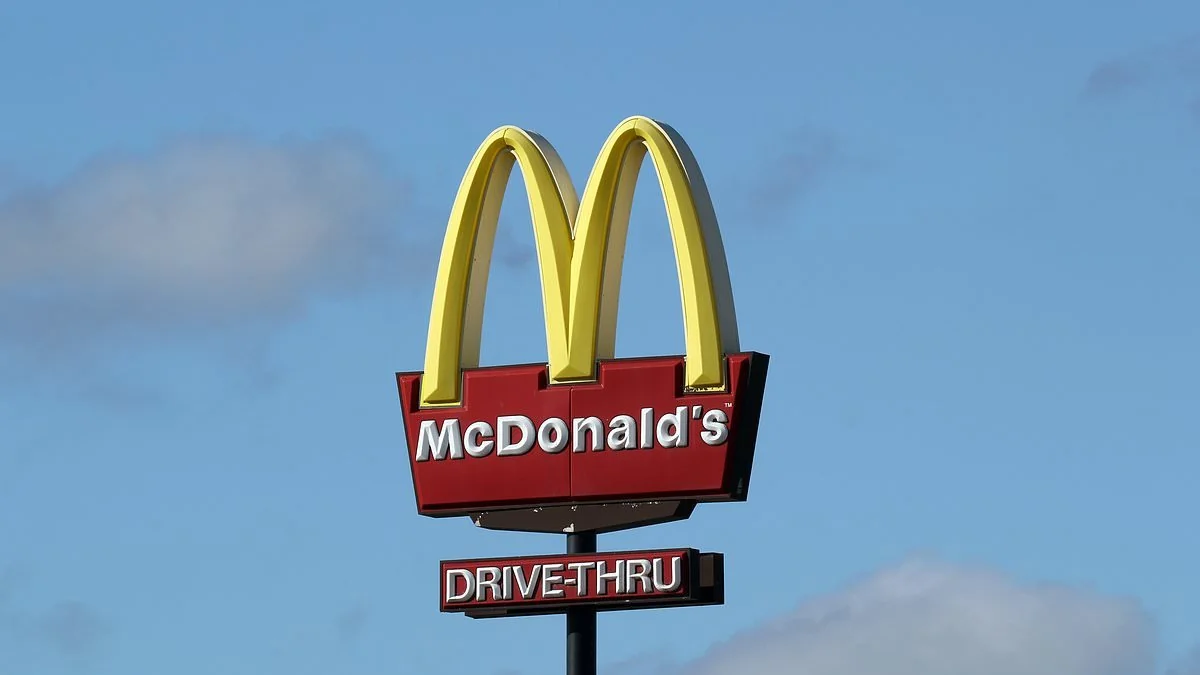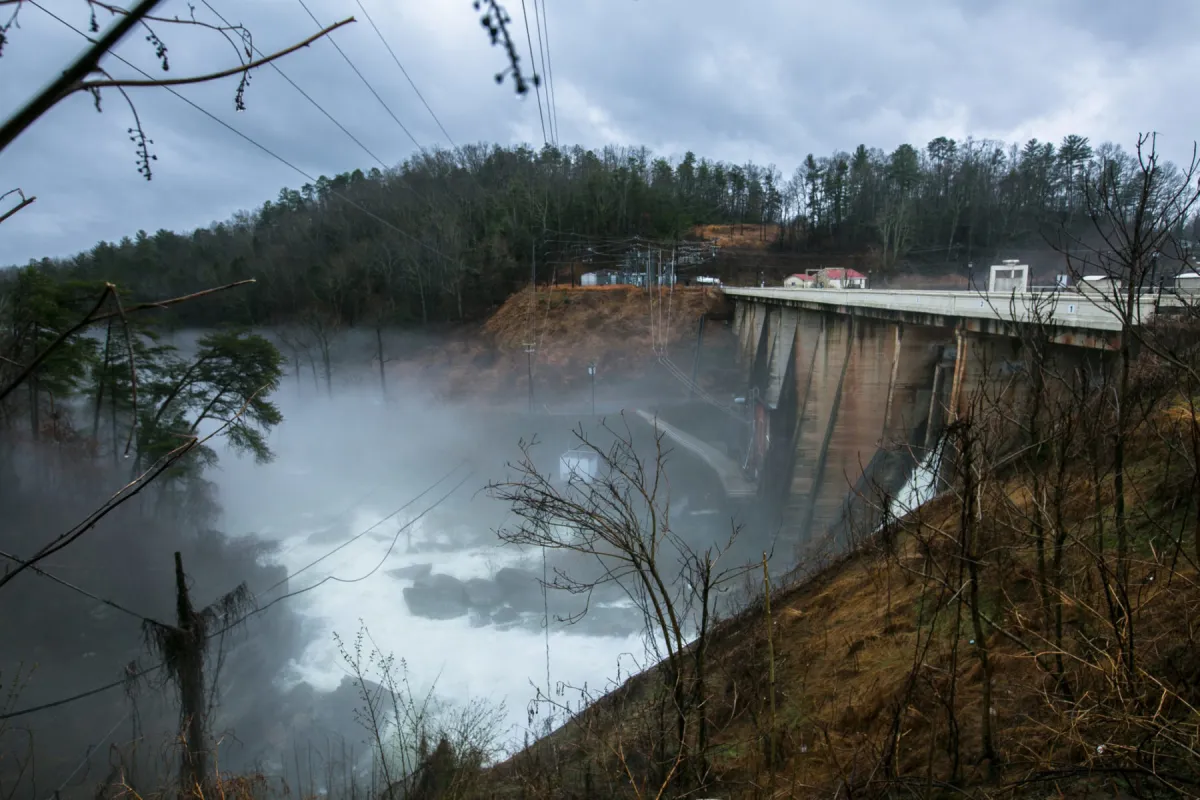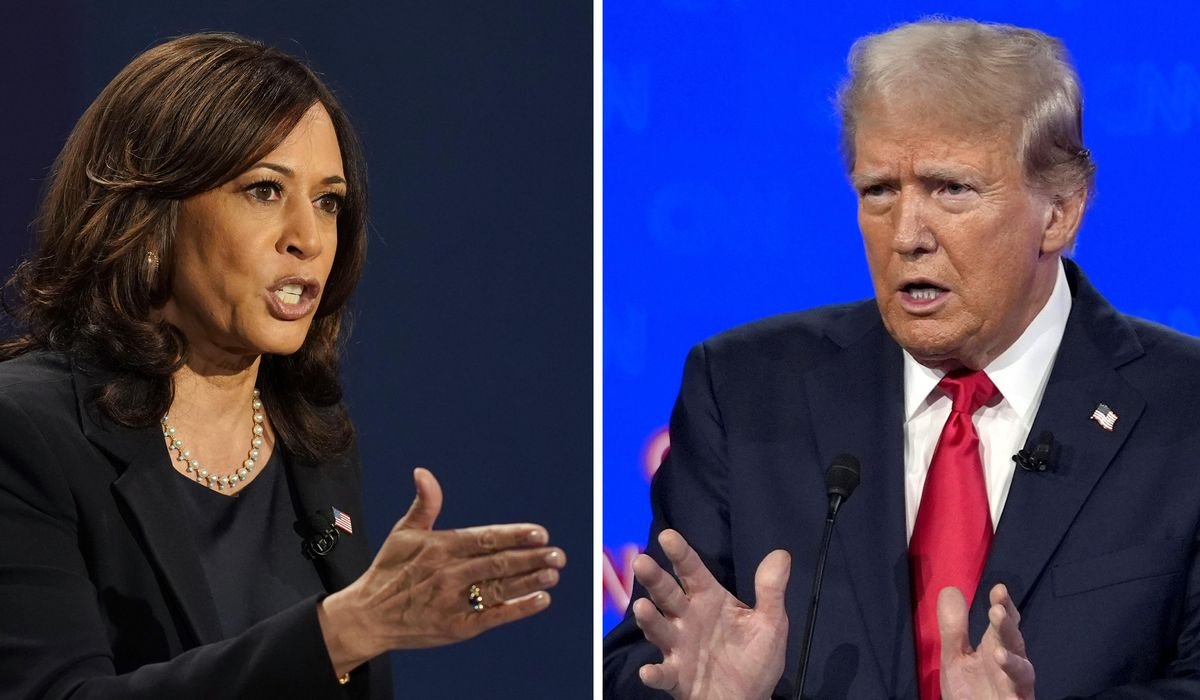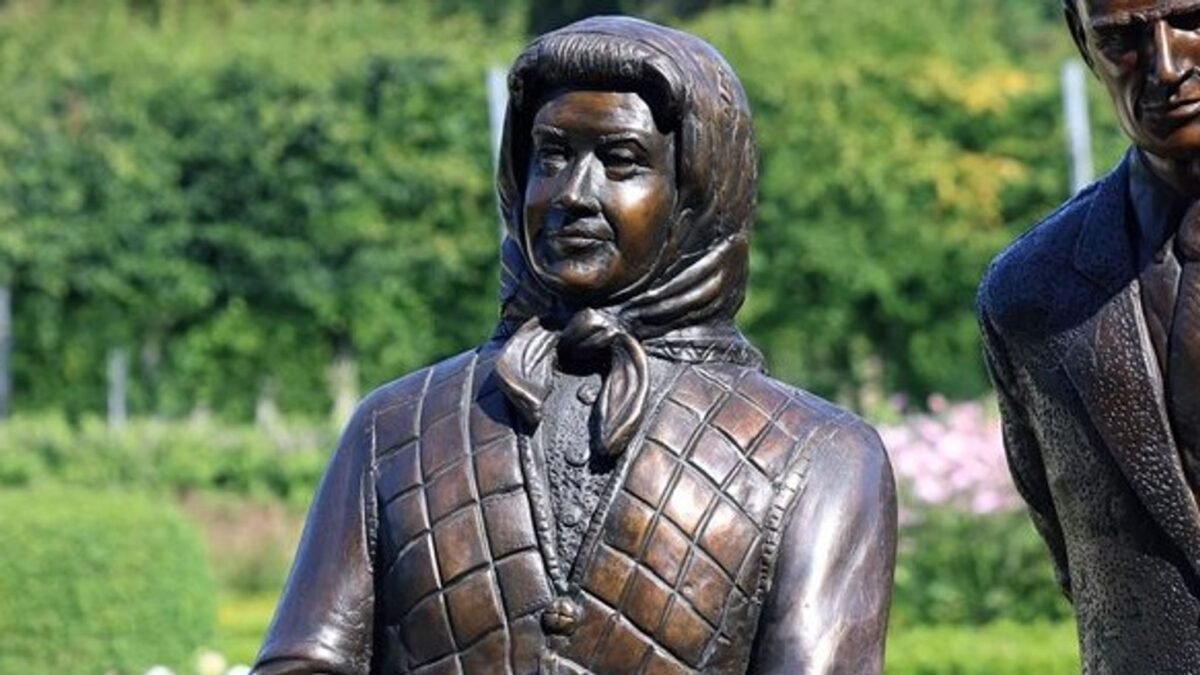2024 Election: A Crossroads for American Democracy
As voters prepare to cast their ballots, they face choices that go beyond typical policy debates. The 2024 election presents starkly different visions for the future of American democracy itself.
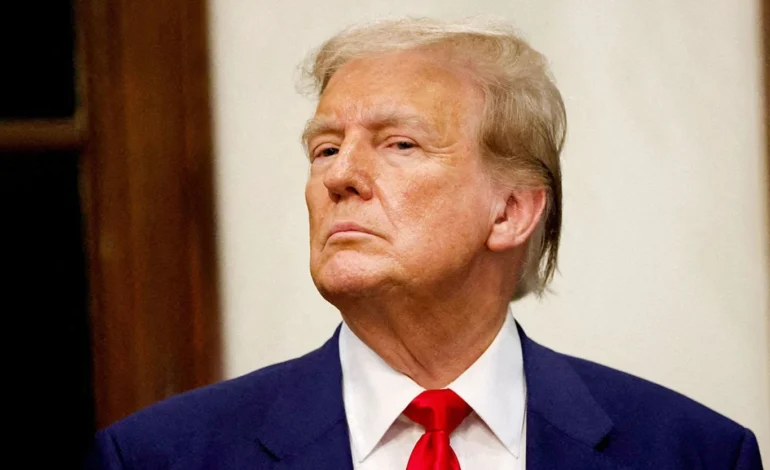
As the United States approaches the 2024 election, the nation finds itself at a critical juncture. The campaign rhetoric and policy proposals put forth by candidates reveal deep ideological divides and raise fundamental questions about the future direction of American governance. This article examines key areas of debate and their potential implications for the fabric of U.S. democracy.
Keywords: American democracy, Executive power, Immigration policy, Climate change, Economic policy, Judicial independence, Constitutional balance, Voter engagement, Political polarization, Institutional integrity, Civic education, Democratic norms, Policy implications, Election 2024, Government centralization
The Expansion of Executive Power
Perhaps the most consequential aspect of the upcoming election is the ongoing debate over the scope of executive authority. Recent years have seen a steady expansion of presidential powers, a trend that shows no signs of abating. Candidates across the political spectrum have proposed using executive orders to implement sweeping changes in areas traditionally left to legislative action.
This shift raises profound constitutional questions. While executive orders can provide a means to break through legislative gridlock, their overuse risks undermining the system of checks and balances that forms the cornerstone of American democracy. The next president’s approach to executive power could reshape the balance between the three branches of government for generations to come.
Immigration: A Litmus Test for American Values
Immigration policy has long been a contentious issue in American politics, but the current debate goes beyond mere policy disagreements to touch on fundamental questions of national identity. Proposals range from dramatic increases in deportations to fundamental changes in birthright citizenship—a right enshrined in the 14th Amendment.
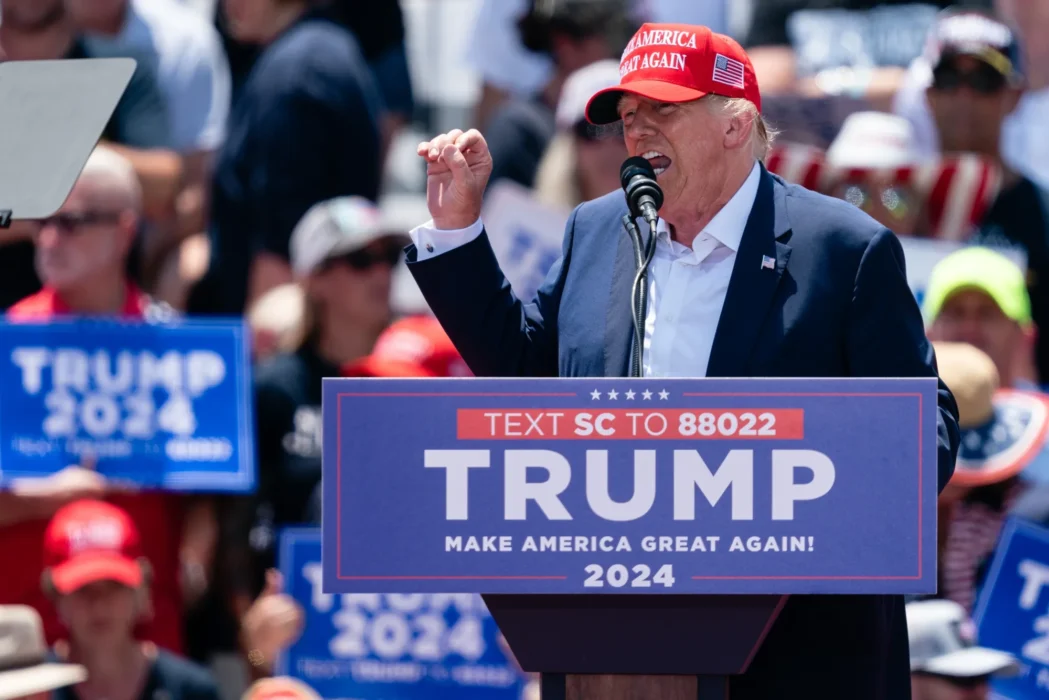
These proposals not only have immediate human consequences but also long-term implications for America’s role on the global stage. The nation’s approach to immigration will signal to the world whether the U.S. sees diversity as a strength to be embraced or a challenge to be managed.
Energy Policy and Climate Change
The stark contrast in energy policy proposals reflects a broader societal debate about how to balance economic growth with environmental stewardship. While some candidates advocate for aggressive expansion of fossil fuel production to boost energy independence and economic growth, others push for rapid transition to renewable energy sources to combat climate change.
This debate is not merely about energy sources; it’s about America’s economic future and its role in global efforts to address climate change. The chosen path will have far-reaching consequences for everything from geopolitics to public health.
The Justice System: Independence vs. Political Influence
Proposals to use the Department of Justice to investigate political opponents or to issue broad pardons for specific groups raise alarm bells about the politicization of the justice system. The principle of an independent judiciary, free from political interference, has been a hallmark of American democracy. Any erosion of this principle could have far-reaching consequences for the rule of law and public trust in institutions.
Economic Vision: Regulation vs. Free Market
The contrasting economic visions put forth by candidates reflect a longstanding debate in American politics: the role of government in the economy. Proposals range from increased regulation and government intervention to dramatic deregulation and tax cuts.
The chosen path will shape not just economic growth but also income inequality, consumer protections, and the social safety net. It’s a choice that goes to the heart of what kind of society Americans want to build.
The Stakes of Democracy
As voters prepare to cast their ballots, they face choices that go beyond typical policy debates. The 2024 presidential election presents starkly different visions for the future of American democracy itself.
Will the U.S. continue its experiment in pluralistic democracy, with strong institutions and checks on power? Or will it move towards a more centralized system with expanded executive authority? Will it embrace its role as a nation of immigrants, or seek to fundamentally reshape its demographic future? Will it lead on climate change, or prioritize short-term economic gains?
These are the questions that will define not just the next four years, but potentially the long-term trajectory of the American experiment. As such, it is crucial for voters to look beyond campaign rhetoric and carefully consider the long-term implications of the choices before them.
In this high-stakes environment, the role of a free press, civic education, and robust public debate becomes more critical than ever. Only through informed engagement can the American people navigate the crossroads they now face and chart a course for their collective future.







